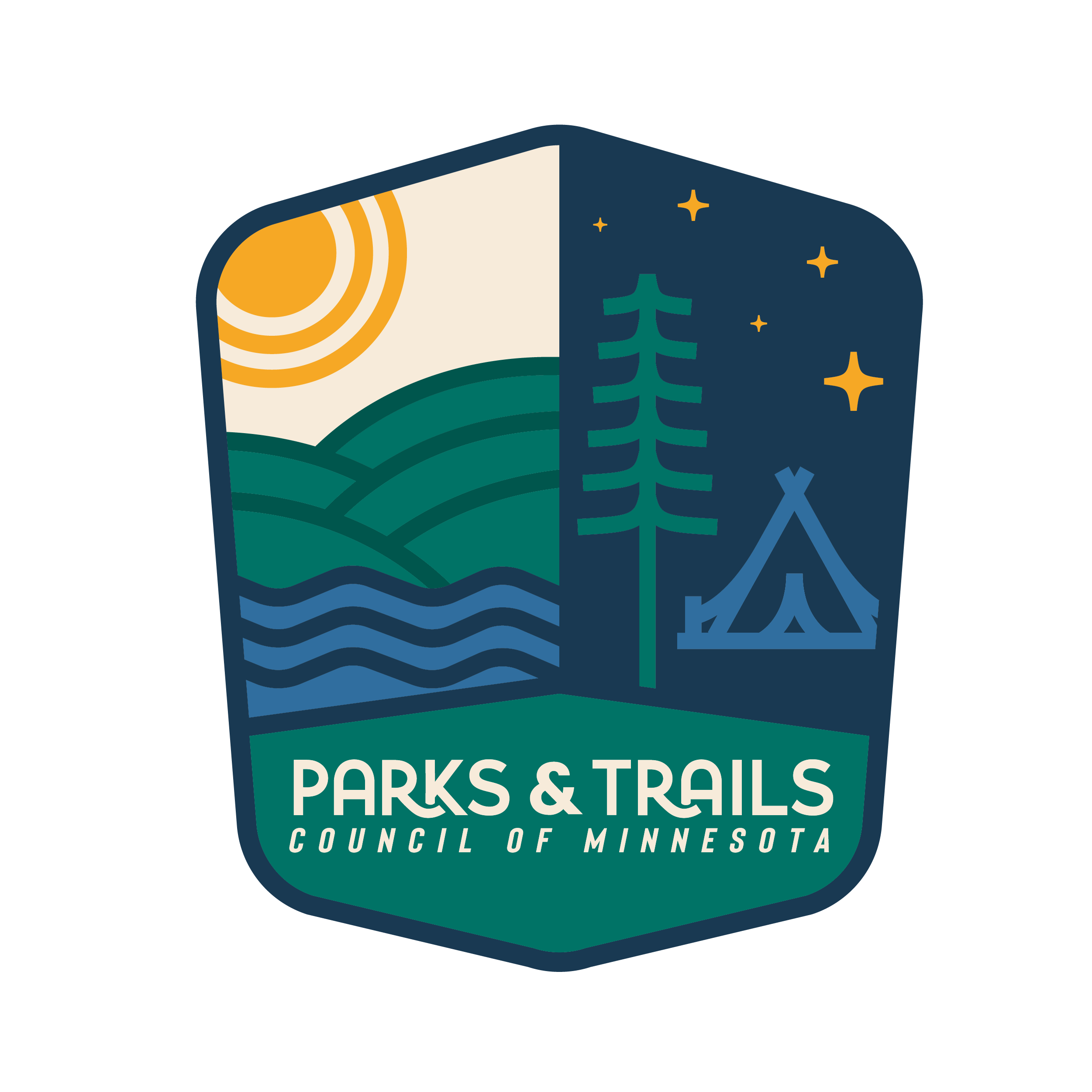Personal Meetings are Key
A good way to build a relationship with your legislator is to personally meet with them. While scheduling a formal appointment to meet in their office at the capitol is a good idea, even better is to meet them when they are home in the district. Your opportunity for meaningful discussion is much better when they’re not busy with the legislative session. Once in St. Paul, legislators often lose control over their schedules. Many legislators host open houses in their home districts, which can be a good opportunity to attend and chat with them. Alternately, invite them to your park or trail for a meet and greet with your Friends Group and maybe a tour.
General Tips for meetings
- Research your legislator before the meeting.
- Use this online tool to find your legislator’s website: https://www.gis.leg.mn/iMaps/districts/
- You can usually find biographical information, committee and subcommittee assignments, and key issues of concern on your legislator’s website. Try to learn about any past support your legislator has given parks and trails so you can thank them.
- Address your legislator appropriately and with respect.
- e.g., Senator [last name] or Representative [last name] until they tell you otherwise.
- Resist attempts at humor.
- Name the issue or concern and identify suggested action.
- Know what you want from the legislator and ask them.
- Remember to be concise, use 10 words or less to introduce your topic.
- If you have a fact sheet, it should be one page only.
- Provide visuals and bullet points.
- Always send a thank you note, address their questions and offer future help.
Other Ways to Make Contact
Letters / Emails
Well written letters are invaluable and quick. Here are a few tips when writing:
- To be most effective letters/emails should be brief
- Letter: one page only and typed
- Email: 400 words only
- Include your name, postal address, and phone number. Legislators read mail from the constituents first and this helps them know how to get in contact with you to follow up.
- Keep to one topic.
- Everything you say should support your point.
- Outline your concerns and suggested action.
- Explain to them why they should care and how it will impact their district.
- Offer to be of further assistance and to provide more information it they need it.
Phone Calls
You don’t have to be an expert, you just have to care. Phone calls are effective during the height of legislative session before an important committee or floor vote. Sometimes when you call, you will simply speak to a legislative assistant who will be tallying the number of calls on an issue. Five calls is an avalanche. You may or may not get a phone call back, but you should have a few basic facts. The most important thing to tell them is why you want them to vote for or against an issue.

